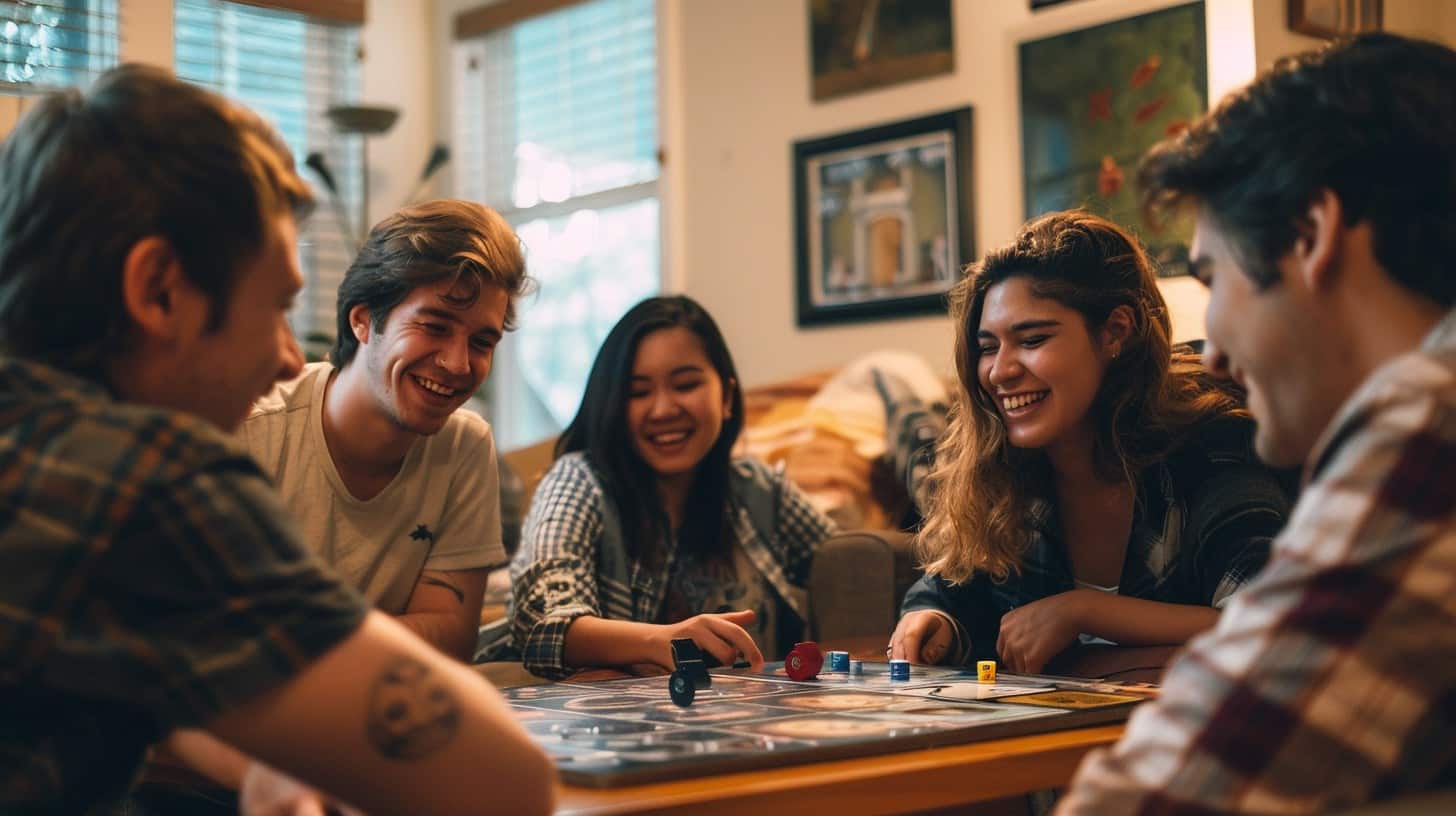Are you finding it hard to win at board or chance games? You’re not alone. This article explains top strategies like Blokus Strategy and how they make you better at these games. We will show you how to think ahead, manage risks, and use resources wisely to win more often.
Dive in for a winning edge!
Key Takeaways
Playing strategy games like chess or Blokus improves critical thinking and decision-making skills. Understanding your strengths and using game theory guides winning moves.
Managing risks, planning ahead, and wisely allocating resources are essential strategies to win at both board and chance games. These tactics help in making informed choices that increase the chances of success.
Learning about probability can turn luck into a skill in chance games, helping players make smarter bets based on odds.
Digital tools and online resources provide valuable support for mastering strategy games by offering score keeping apps, interactive tutorials, and forums for exchanging tips with other gamers.
Family game time encourages learning through play, teaching strategic thinking, risk management, and problem-solving in a fun setting that also strengthens relationships.
Table of Contents
Understanding Strategy Games
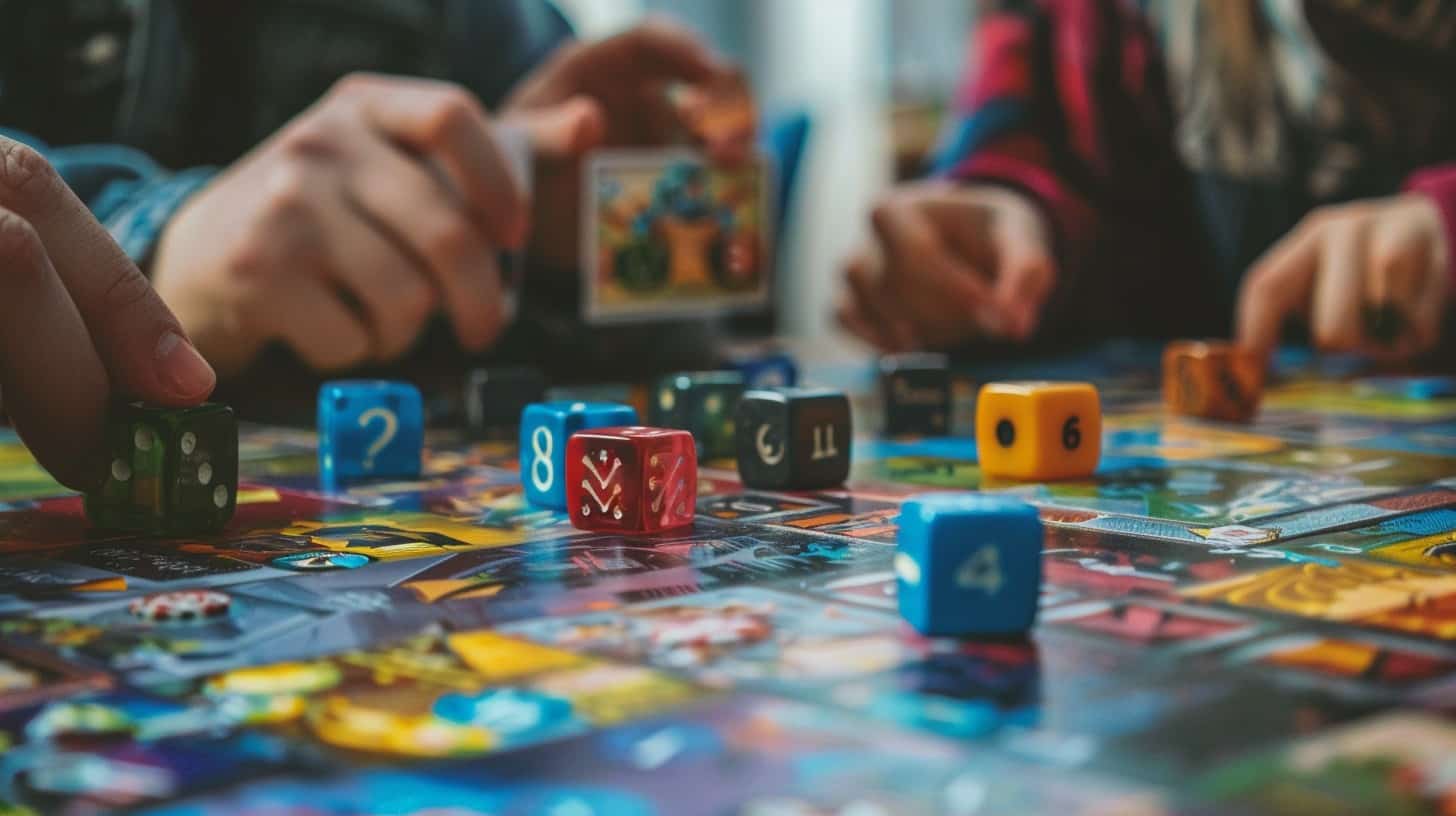
Strategy games challenge the mind. They make you plan, decide, and think critically to win. These games range from board battles like chess to digital wars in real-time strategy video games.
In a strategy game, every move counts. You must understand your and your opponent’s strengths and weaknesses. This is where game theory comes into play, guiding decisions and moves.
Games like chess require pure strategies, where there’s a clear path to winning or losing based on the choices made. But not all games are so straightforward. Some involve chance elements or multiple players with different goals, introducing mixed strategies into the mix.
Here, knowing basic probability helps figure out the best course of action among various possible outcomes. Whether it’s predicting an opponent’s next move in chess or deciding which territory to attack in Risk, strategic thinking sharpens decision-making skills both on and off the game board.
Three Effective Strategies for Board Games
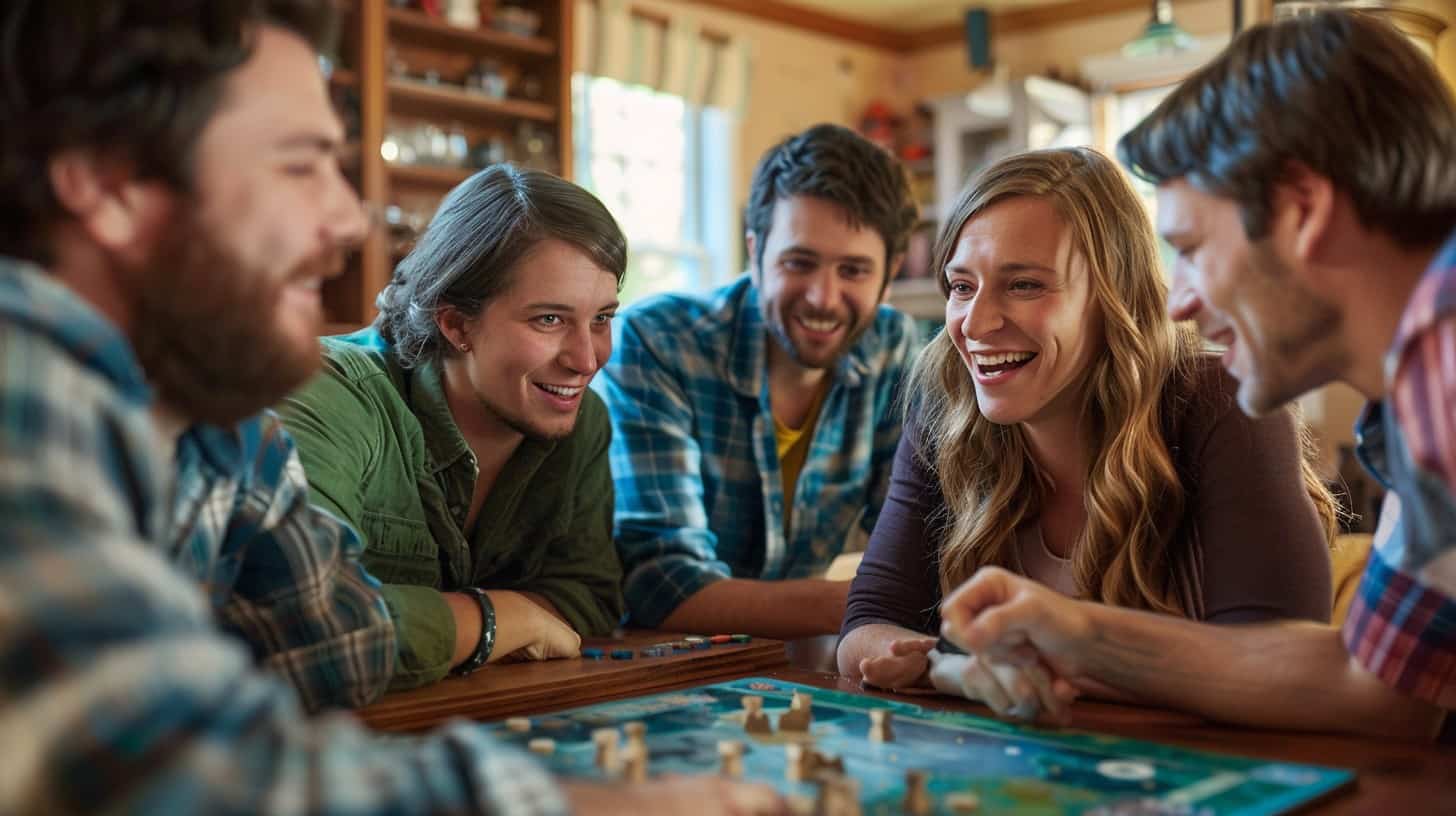
To win at board games, you need good tactics. Learn how to handle risks, use your goods wisely, and plan your moves smartly.
Risk Management
Risk management is key in board and chance games. Players must think ahead and gauge the risk of each move. This means making choices that avoid big losses while still trying to win.
For example, in a strategy table game, deciding whether to attack an opponent or build your resources can make or break your game plan. Smart players know that sometimes playing it safe can lead to bigger wins later on.
This strategy also applies to casino games like blackjack or poker. Here, managing how much you bet each round is crucial. It’s about reading other players and understanding the odds of winning with your hand versus what’s on the table.
Successful gamers adjust their bets based on these factors, always aware of their current standing and the potential risks of every wager they place.
Resource Allocation
In board games, managing your resources smartly is key. You must decide how to spread things like game pieces or money across the playing field. Some strategies might need you to save up, while others ask for spending fast.
Think of it as being a strategist in control of an army, or the CEO of a big company.
Next comes strategic planning, where you plan ahead and make moves that lead to winning. This step uses everything you’ve learned about handling your resources and taking calculated risks.
It’s where your decisions start shaping the path to victory or defeat in every match you play.
Strategic Planning
Allocating resources wisely sets the stage for the next crucial step: crafting a game plan. Strategic planning means mapping out moves ahead of time, based on what you know now. You predict how others might play and decide on your best response.
Think of it like chess; players plan several steps ahead, considering multiple possible moves by their opponent.
Good strategists also adapt quickly to new information during gameplay. If someone counters your strategy in games like Blokus or Carcassonne, pivot without hesitation. Use critical thinking to adjust your game plan on the fly, keeping opponents guessing and off balance.
This approach combines rational decision-making with creativity—key ingredients for mastering both board and chance games any time of year.
Tips for Mastering Chance Games
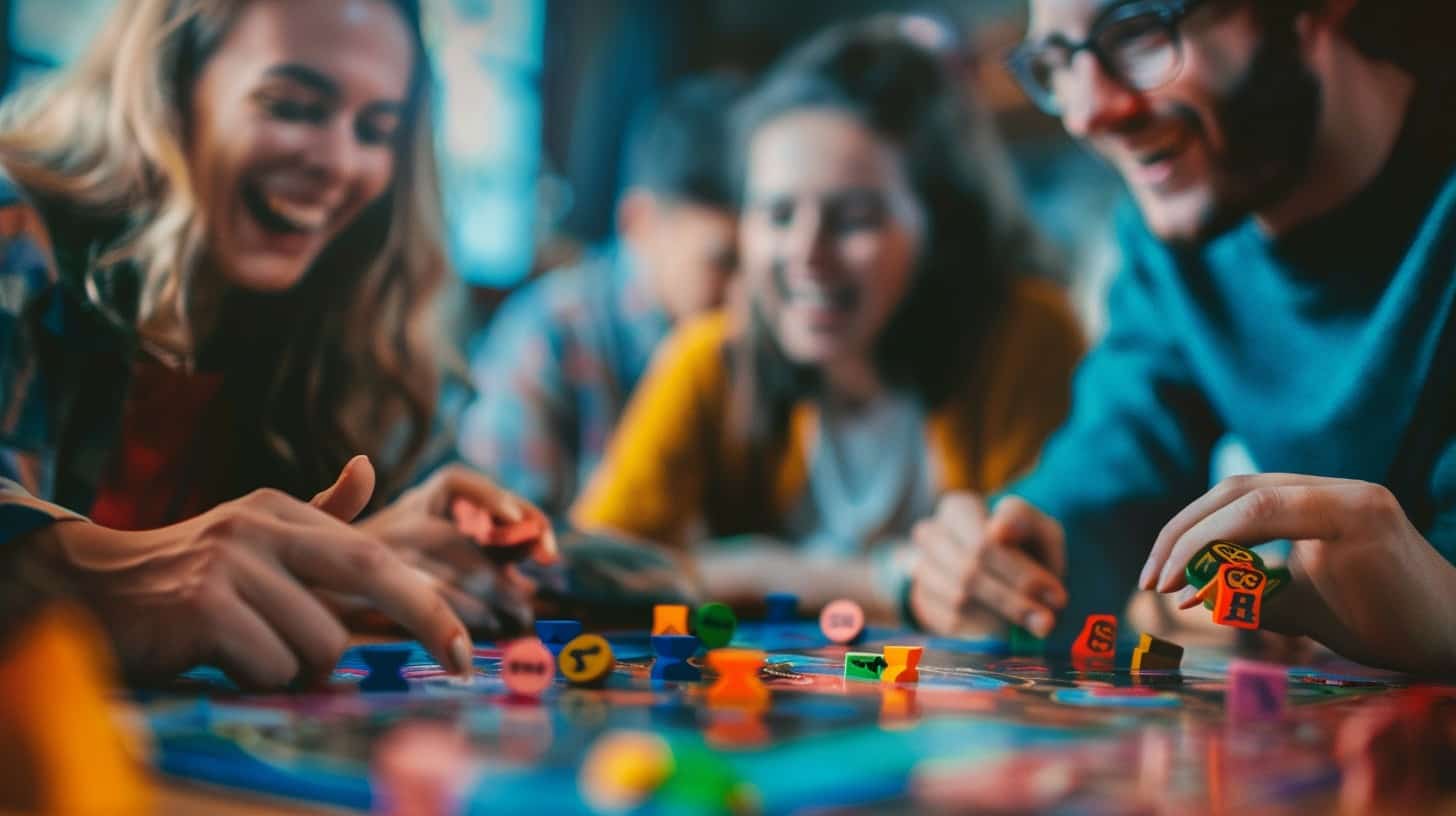
To get better at games of chance, learn how odds work and use smart moves. Also, keep an eye on what you have in the game. This will make playing slots or three-card poker more fun and might even help you win more often.
Keep reading to learn how to use these tips in your favorite games!
Understanding Probability
Probability is like guessing the chance of something happening. It helps players guess the outcome in games, especially in chance games like tossing coins or playing cards. Knowing probability can turn luck into a skill.
For example, in games with dice, understanding which numbers come up more often can help you win.
Online casino games, such as the latest best low-volatility slots, show how probability works in real situations. These games let players see patterns and make decisions based on statistical principles without risking much.
Playing these can improve your skill at guessing outcomes and making choices that increase your chances of winning.
Making Calculated Risks
Taking smart chances is key in games. This means looking at your weak spots and fixing them. You weigh the possible payoffs against what you might lose. Say you’re playing Texas Hold ‘Em, and you have a hand that’s not the best but could win if played right.
You decide to bet more chips to make others think twice about staying in the game.
It’s also about understanding when to push your luck or play it safe, just like a chess player decides whether to risk their queen for a strategic advantage. Smart risks can lead to winning moments, fulfilling your need for feeling skilled and successful in games.
Managing Game Resources
In games like Splendor, Career, and Ticket to Ride, managing your pieces is key. Plan how you use them. Save some for later steps in the game. This way, you won’t run out when you need them most.
Games like Blokus and El Grande teach us to think ahead. You have to decide which pieces will bring the most value in the long run. Keep an eye on what others are doing too. This helps you make smart moves and block their strategies.
The Intersection of Board Games and Real Life Strategies

Board games teach us more than how to win; they mirror real-life strategies. Mastering a board game like chess or Monopoly involves decision-making, problem-solving, and strategic planning.
These skills are not just for play—they fit right into everyday life challenges. Making smart choices under pressure or planning ahead in uncertain situations are examples. Think about managing your monthly budget or deciding the best route in heavy traffic.
Playing these table games also sharpens negotiation and cooperation abilities. In many board games, players must work together to beat the game or negotiate to gain advantages without direct conflict—much like team projects at work or family decisions at home.
This practice builds better communication and understanding among people, showing that games build relationships and establish dominance through competition, echoing social interactions outside the game room.
Digital Supplements for Strategy Games
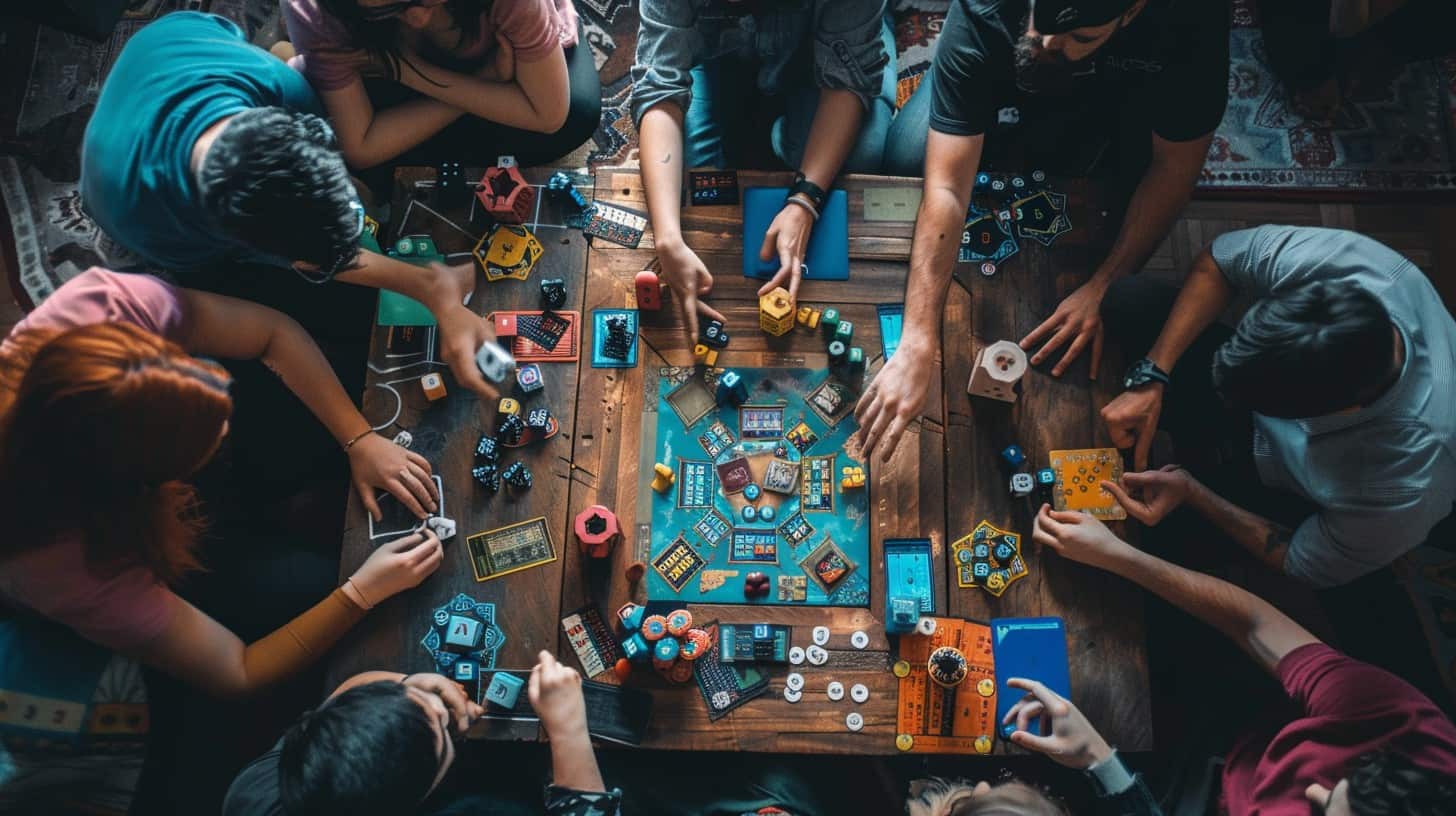
Digital tools add fun to board games and can help players make better choices. Apps and websites offer tips, track scores, and explain rules for games like chess and Monopoly.
Digital Accessories
Digital accessories can make playing strategy games more fun and easier. They help players keep track of their progress and plan better moves.
- Apps for score keeping let you forget about paper and pen. You can easily track scores in games like Texas hold ’em or when playing zero-sum games on your phone or tablet.
- Interactive game boards connect to your device to show moves in real time. This is great for strategy board games, turning every match into an interactive experience.
- Virtual card decks offer an endless supply for card-based strategy games. They shuffle automatically, so every game feels fair and random, making such games more enjoyable.
- Strategy game tutorials online can sharpen your skills in no time. These videos or articles provide insights from experts, helping you master complex games like chess or simulate market strategies effectively.
- Customizable timers control the pace of a game, adding excitement. Whether it’s for quick decision-making rounds in real-time strategy games or setting limits in extensive-form game sessions, these timers keep everyone on their toes.
- Probability calculators are perfect for chance-based strategy games. They help you understand the odds before making a move, improving your decision-making in betting scenarios or even just tossing coins in heads or tails decisions.
- Game design software lets you create or modify games yourself. Experiment with new rules or enhance existing ones to upgrade your gaming experience based on your preferences and creativity process.
- Online forums connect you with other gamers for tips and tricks to exchange about any game—from pure-strategy types to mixed-strategy challenges—expanding your knowledge beyond personal experiences.
These tools not only enrich your gameplay but also help develop skills applicable beyond the gaming table—from problem-solving to strategic thinking in daily life situations.
Synergies between Board and Video Games
Moving from digital tools to the connection between board and video games reveals interesting links. Both types of games often share foundational strategies like risk management, which gamers apply whether they’re moving pawns on a board or navigating through a digital world in Final Fantasy.
This crossover sharpens analytical skills.
Video games like Minesweeper use game theory concepts similar to those in board games such as chess. Players must think ahead and make decisions based on incomplete information, a skill that is vital across both platforms.
These connections show that playing one type can improve your abilities in the other, turning gaming into an enjoyable way to develop critical thinking and decision-making skills.
The Role of Family Game Time in Strategy Game Mastery
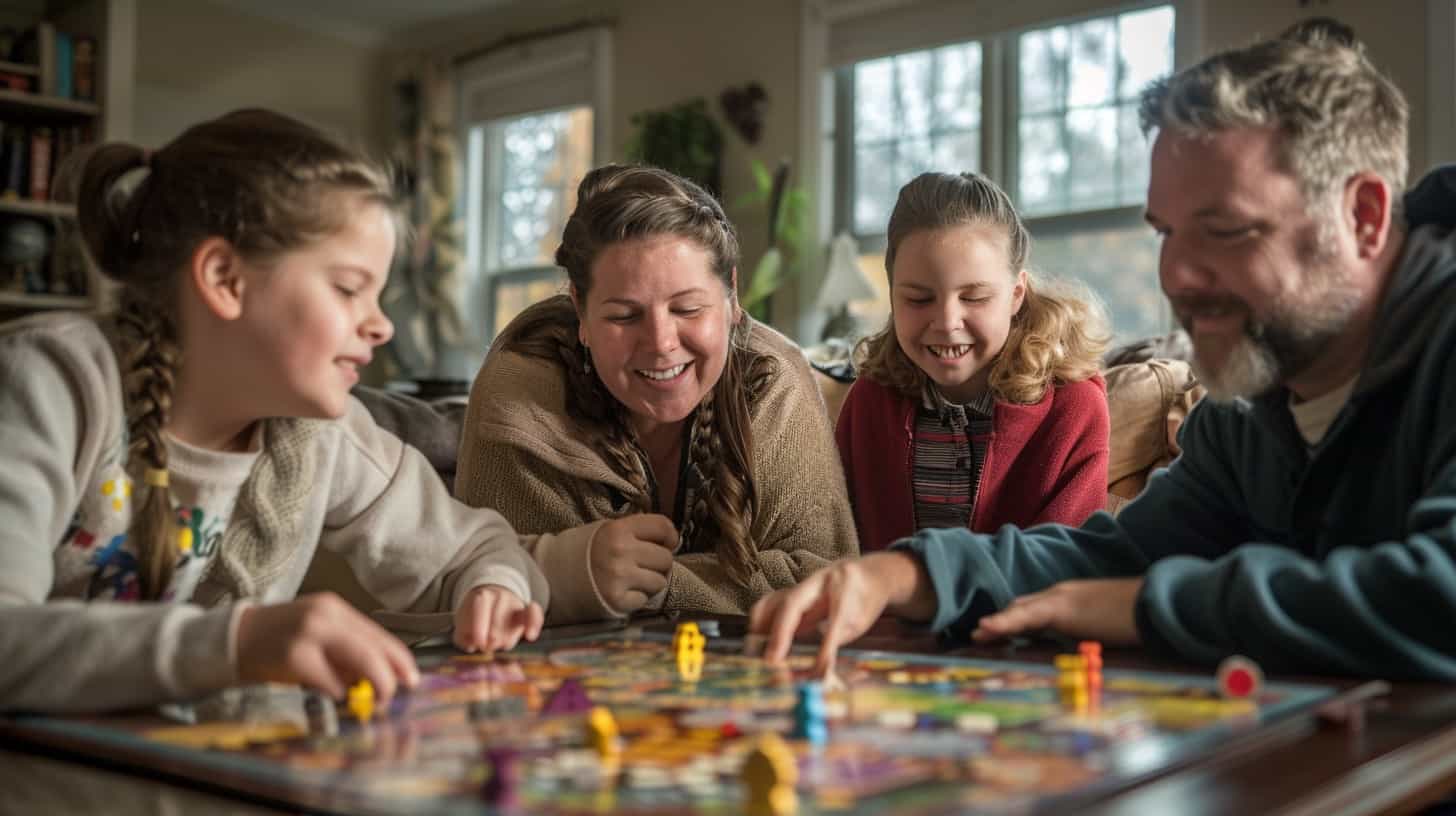
Family game time sets the stage for mastery in strategy games. Playing together teaches everyone how to think ahead, make smart choices, and understand their rivals’ moves. These sessions turn into fun lessons on risk management and strategic planning, key components in becoming skilled at both board and chance games.
Every match becomes a lively exercise in sizing up the competition and devising ways to win, whether by outsmarting opponents in a battle of wits or managing resources wisely.
This shared playtime also builds bonds through friendly rivalry. Participants learn not just to compete, but also to cooperate, revealing strategies and weaknesses that can lead to better gameplay.
It’s a safe space where losing a round becomes an opportunity to learn rather than a setback. Such experiences are invaluable for improving one’s game tactics over time, while fostering enjoyment and cognitive development through games like chess or cards involving knights’ moves and probability calculations.
This setting allows players of all ages to experiment with different approaches without fear of judgment, encouraging creativity and intuition in devising new strategies for victory.
FAQs About Strategies for Games
What are effective strategies for winning board games?
Effective strategies include understanding the game mechanics, using logical reasoning to anticipate moves, and mastering both pure and mixed strategies to outsmart opponents.
Can learning about game theory help me win games?
Yes! Game theory teaches you about strategic thinking, like identifying dominant strategies or Nash equilibria, which can improve your chances of winning in games that require careful planning and decision-making.
Are there any benefits to playing old Flash games or alternatives to video games?
Playing these games can sharpen your concentration, attention to detail, and problem-solving skills. They’re not a waste of time, but a fun way to develop critical thinking.
How do I get better at chance-based games like slot machines or Texas Hold ’em?
For chance-based games, focusing on probability distribution, bluffing techniques, and reading body language can increase your odds. Remembering it’s also about having fun is important!
What is a Nash equilibrium, and how does it apply to gaming strategy?
A Nash equilibrium occurs when players choose the best strategy given the choices of others; applying this concept helps predict outcomes in various situations, from rock-paper-scissors to complex board games.
Why is awareness of information asymmetry important in gaming?
Understanding information asymmetry – where one player has more knowledge than another – can be crucial for success in many types of competitive play, including poker (Texas Hold ’em) by allowing for strategic deception and misdirection.
